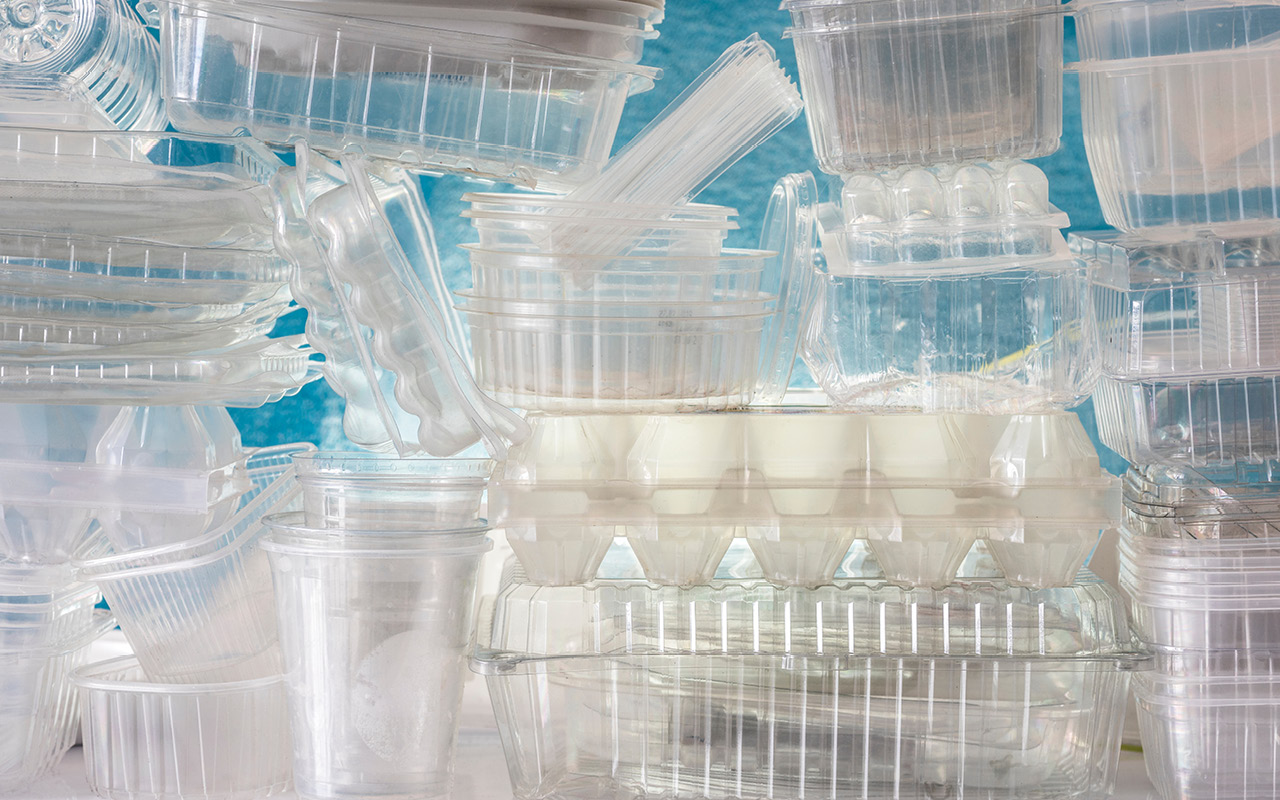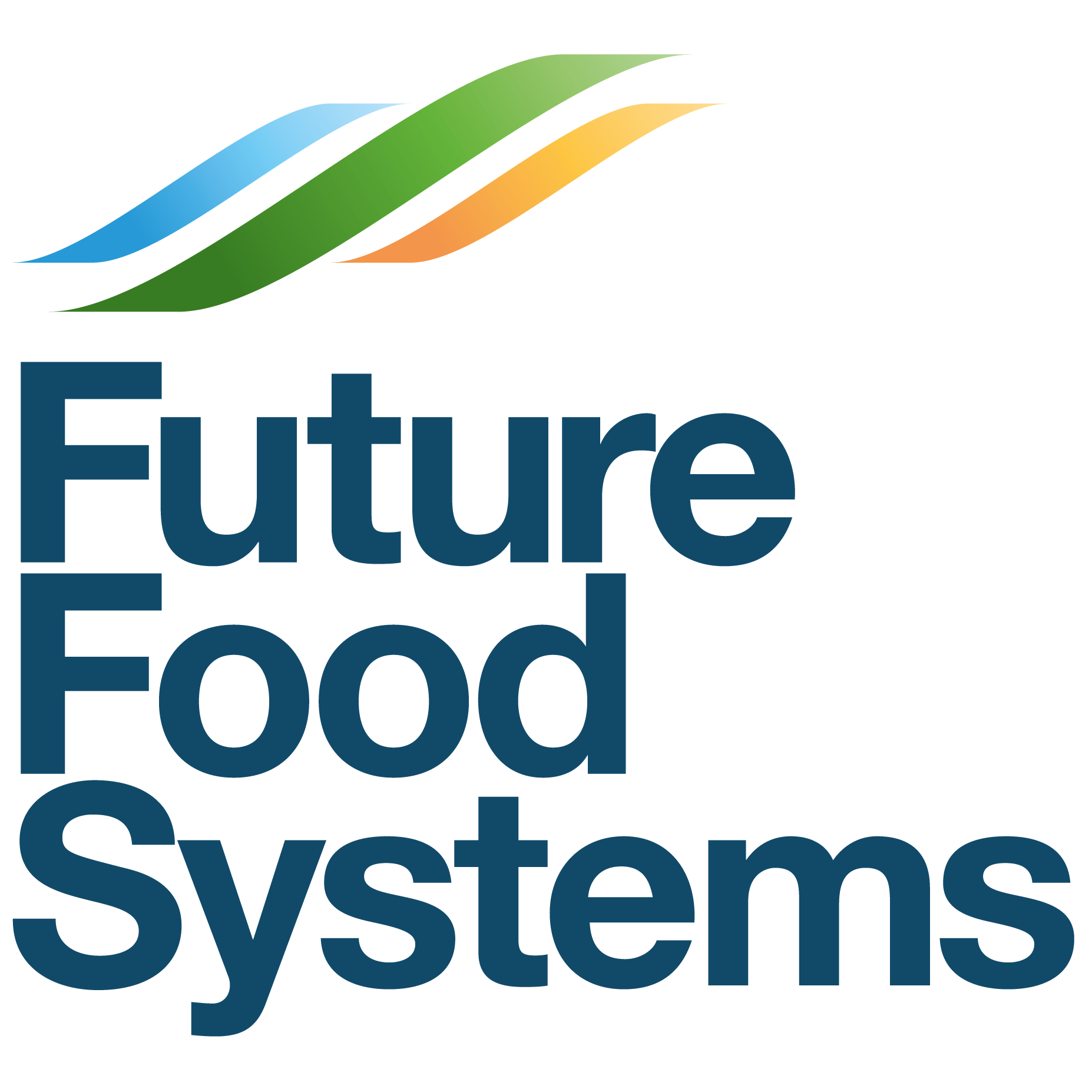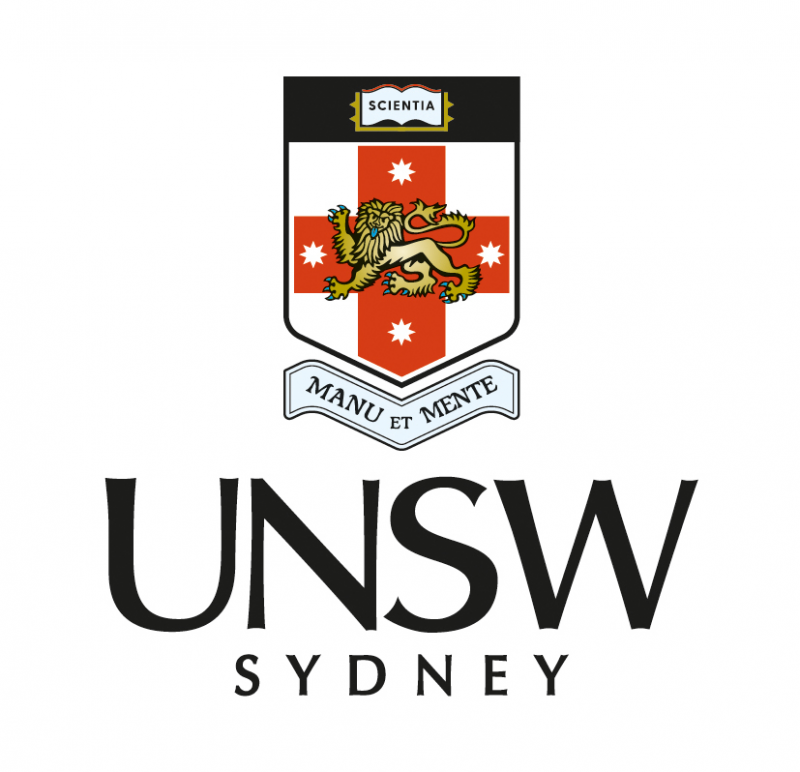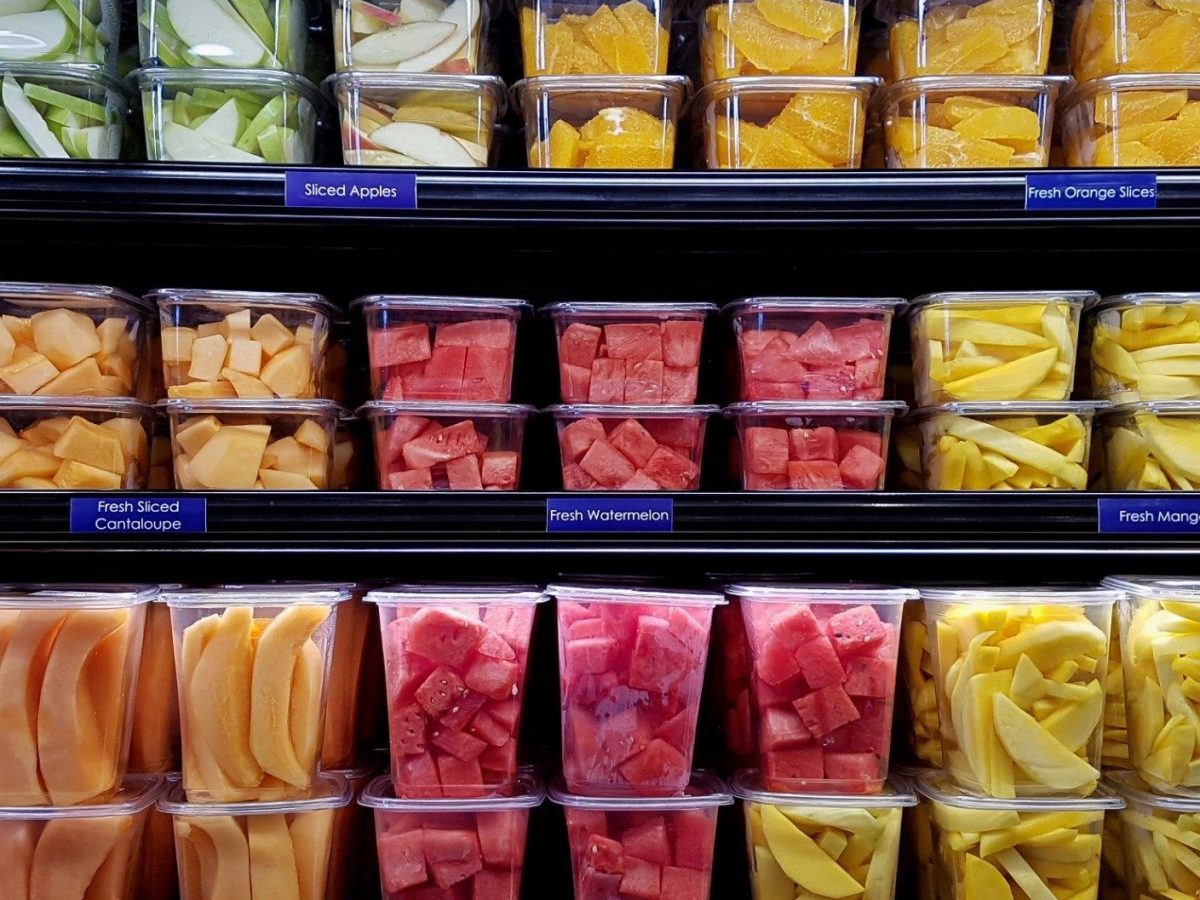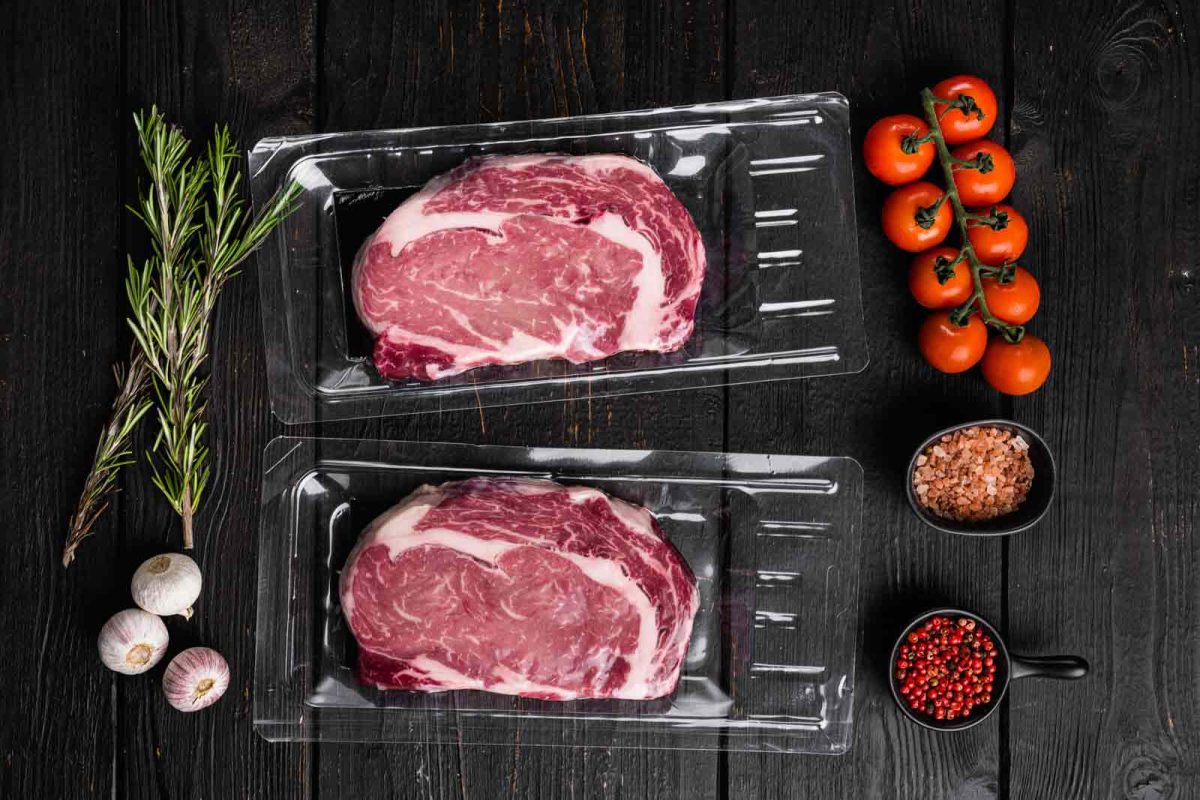Challenge The current industry standard for transparent food packaging relies heavily on petroleum-based materials, contributing significantly to environmental degradation and greenhouse gas emissions. Transitioning to a non-petroleum-based, transparent packaging alternative presents a formidable challenge, particularly when aiming to retain critical product properties such as clarity, strength, durability, and long-term stability. Embedding this shift within a circular economy framework, while ensuring commercial viability within five years, adds another layer of complexity.
Solution This project seeks to develop a novel manufacturing process for transparent food packaging that replaces petrochemical inputs with sustainable alternatives derived from CO₂ containing waste streams. Specifically, CO₂ generated through the gasification of agri-food waste or waste plastics will be combined with water and sunlight to produce monomers, the foundational units of polymers. These sustainable monomers will then be used to formulate plastics suitable for thermoforming into transparent packaging materials. The process not only reduces reliance on fossil resources but also creates value from carbon emissions and waste.
Impact The successful development of this CO₂ based polymer platform has the potential to revolutionise the transparent food packaging industry. It offers a pathway to commercially viable, high-performance materials that align with circular economy principles and reduce carbon footprints. By transforming waste into a valuable input, the project advances sustainability in packaging while supporting long-term environmental and economic goals. This innovation could position the industry at the forefront of eco-conscious material science within the next five years.


